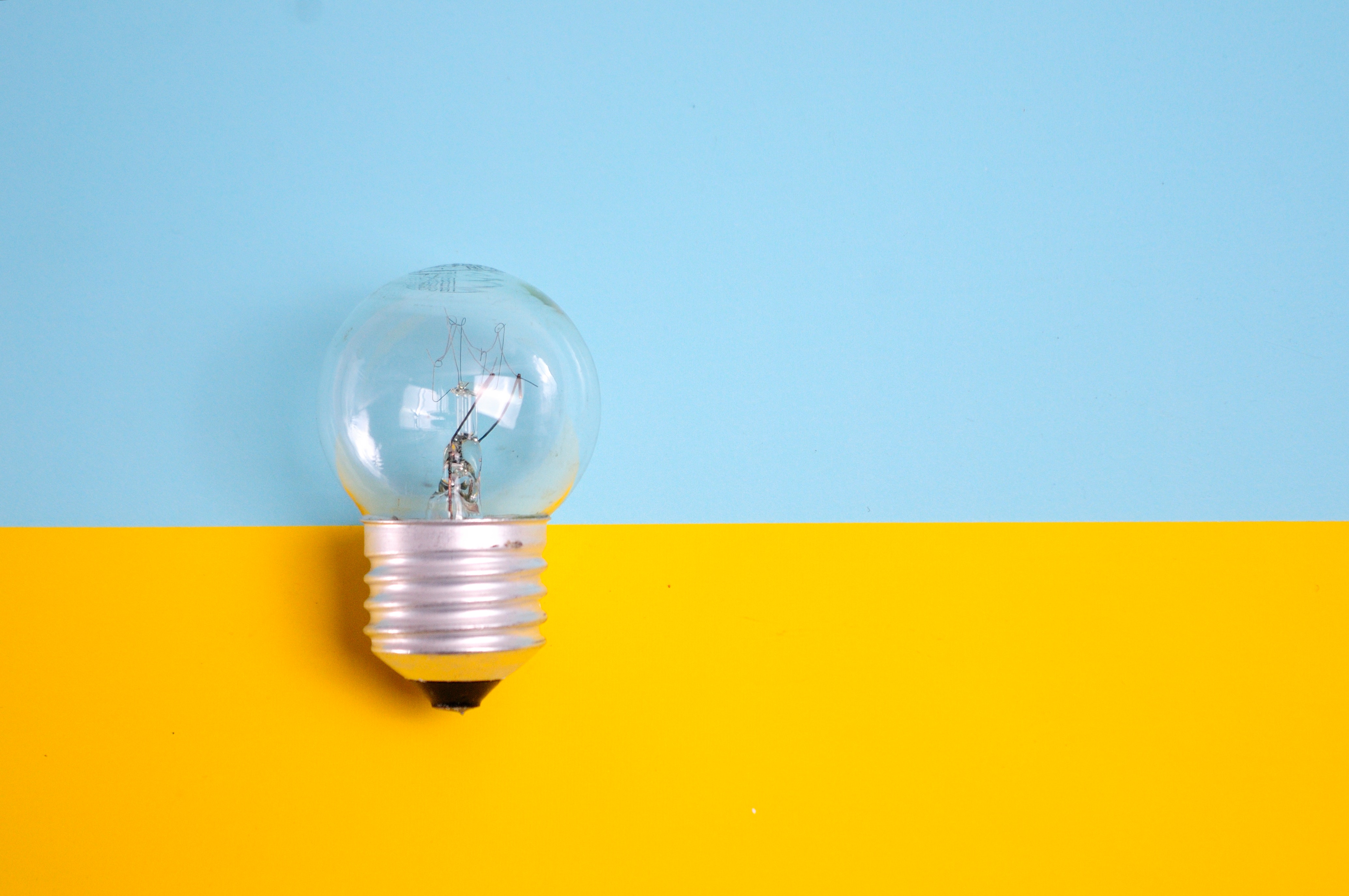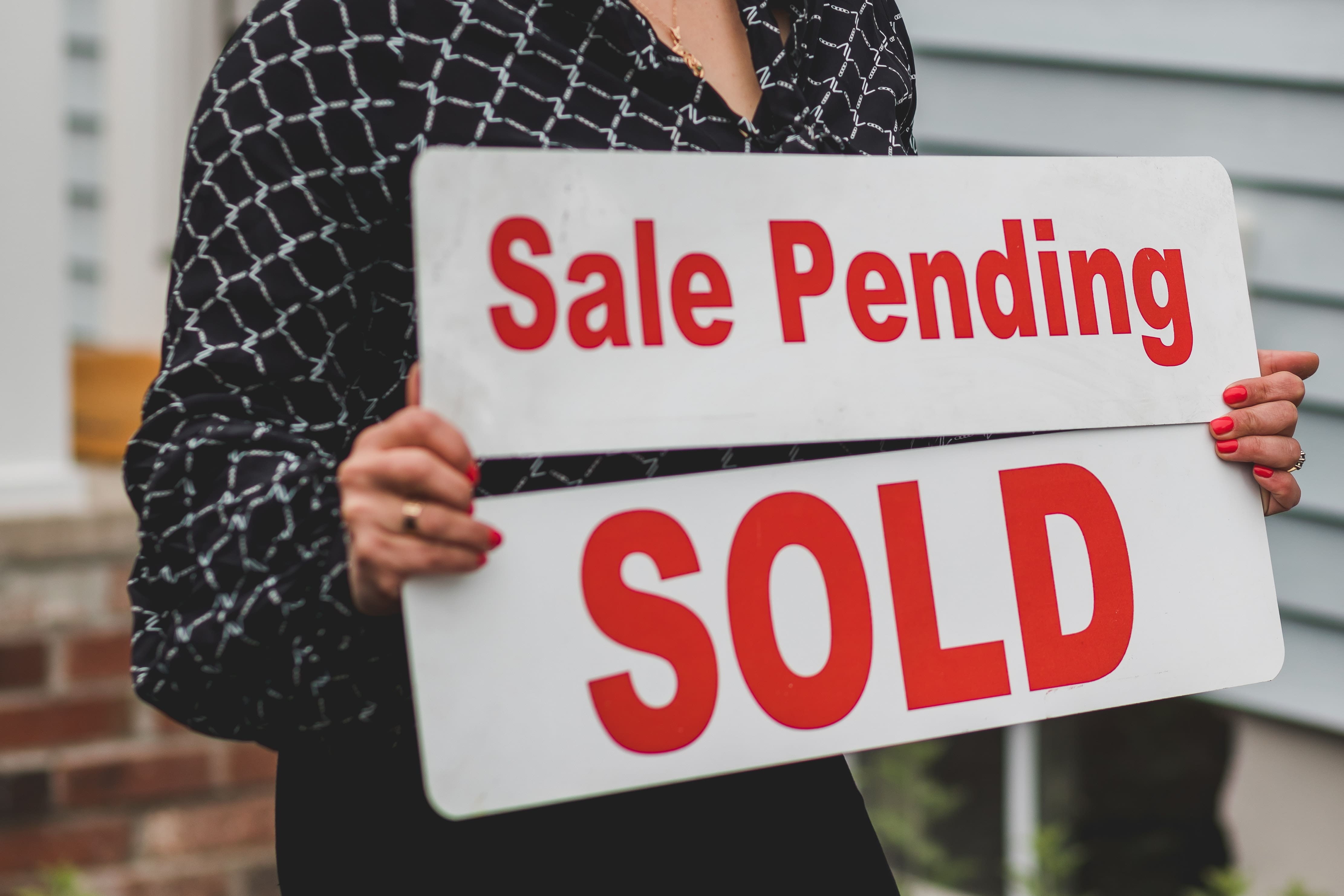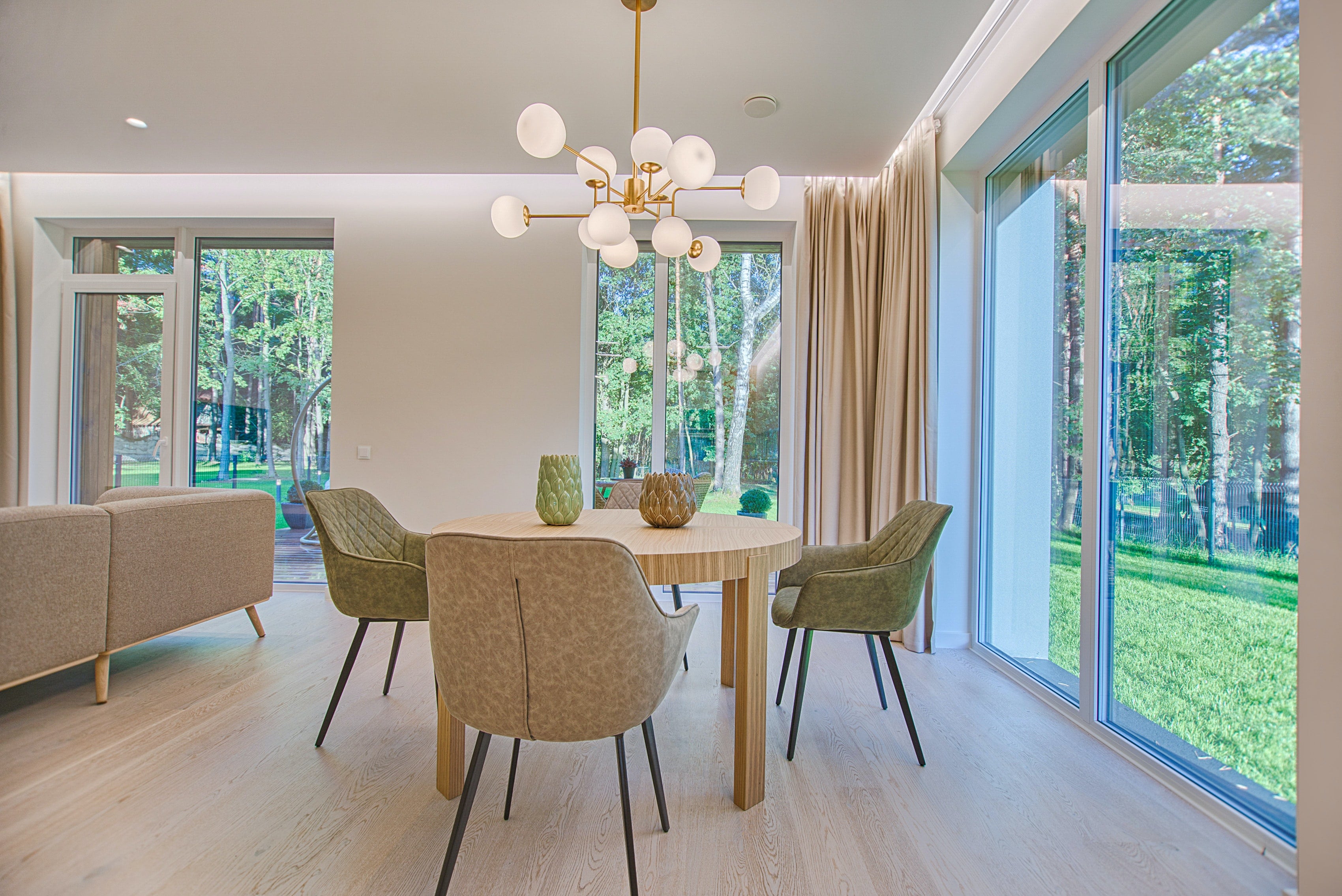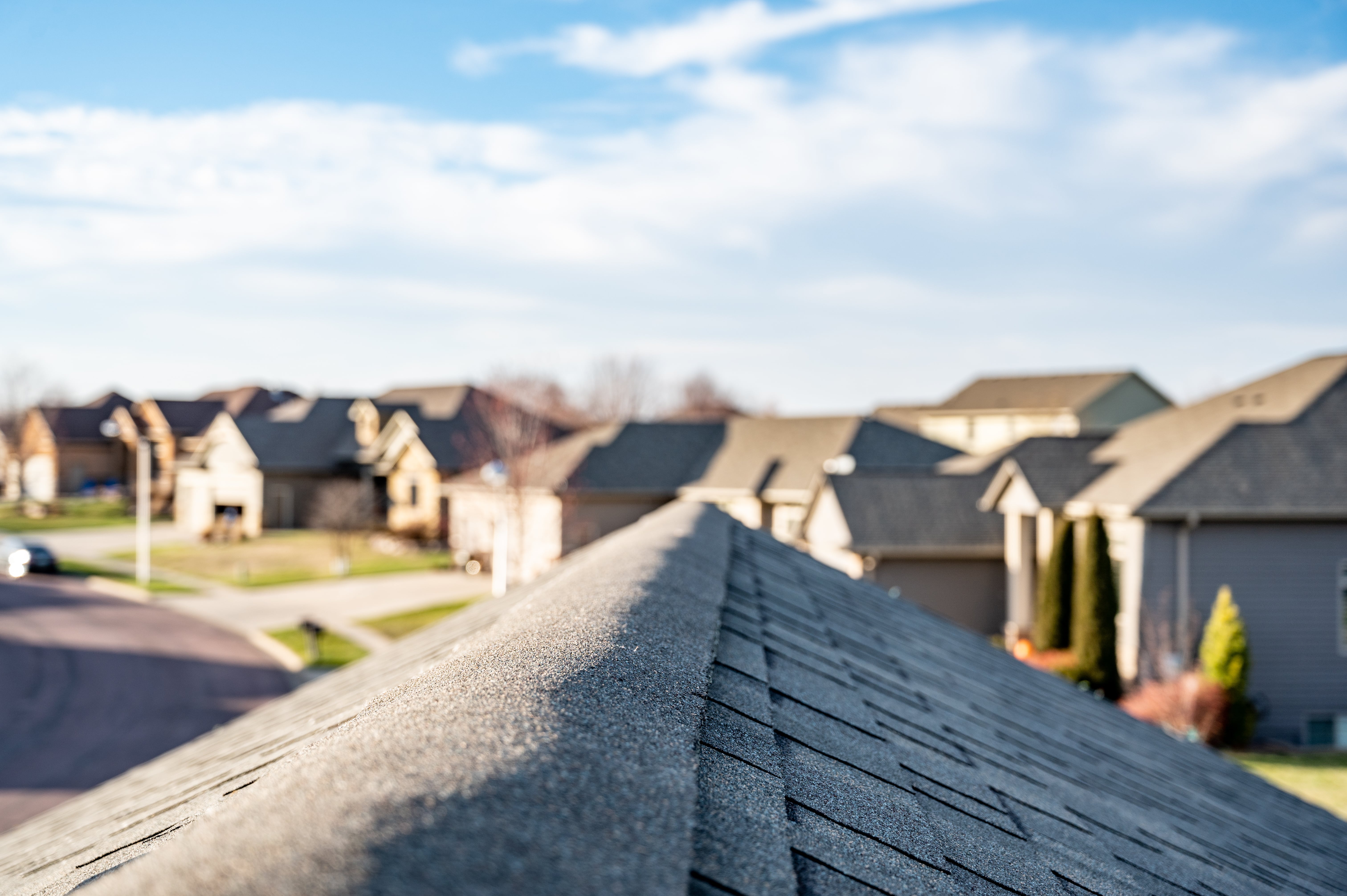Call today to schedule an inspection: (803) 261-4768
Home Inspection Blog Posts & Tips
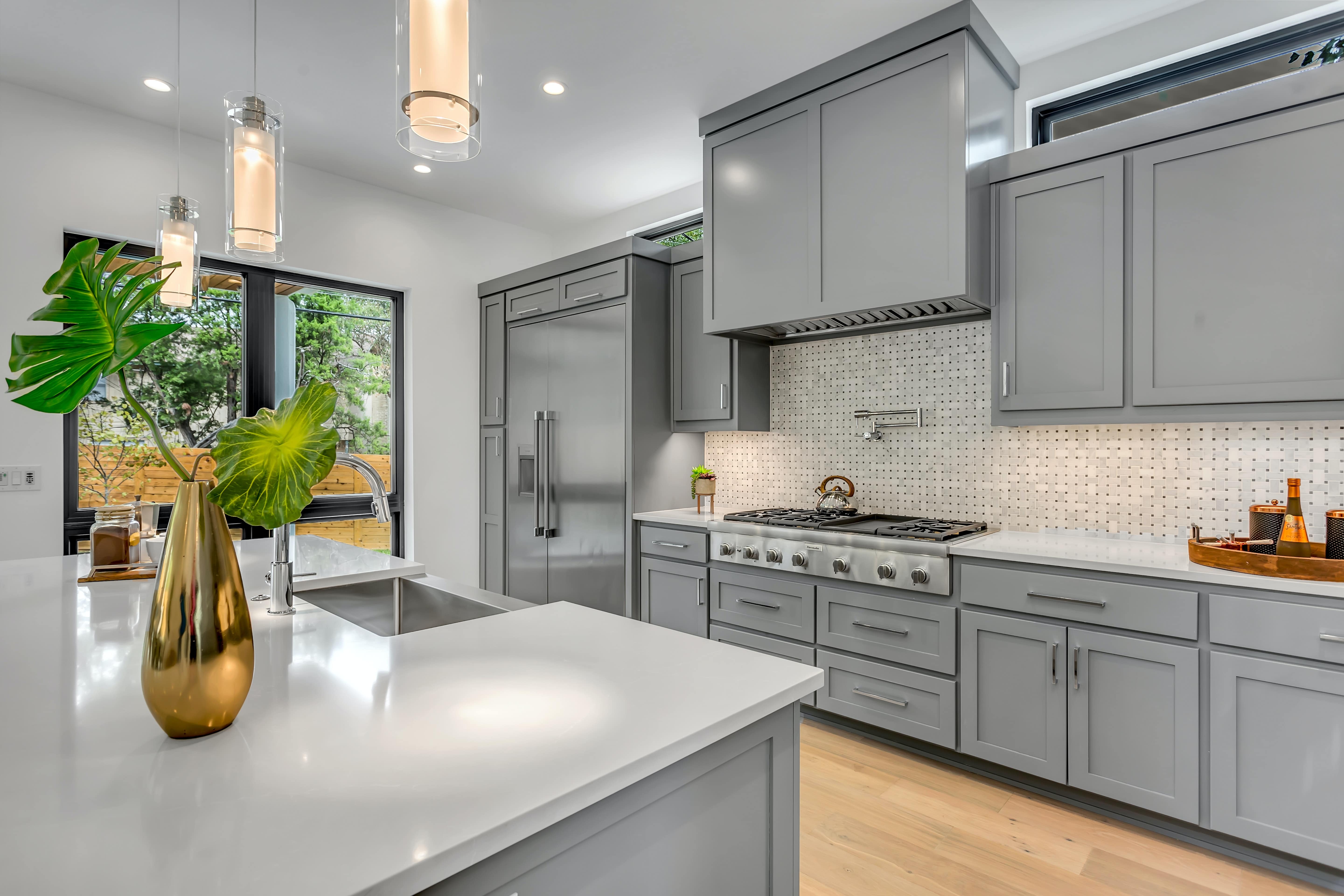
When shopping for your ideal home, consider not only the type of home that you’re looking for as well as pre-existing or new construction. For example, if you are looking for a pre-existing home, take into consideration the age and condition of the home, work required, and whether you will hire a contractor.
However when it comes to a new construction home, you will need to prioritize specific features that are your must haves. Being aware of these factors will help you narrow your search as well as the home inspection process. Knowing these factors up front will help you narrow down your search as well as navigate your home inspection process. Once you know what you are looking for and your must-haves, you will also need to take into account what you are willing to take on as a DIY project, or simply hire a contractor.
Nevertheless, if you are thinking of going the new construction route, do not skip the home inspection.Even though a home is brand new, it can still have issues. Consider the following points when buying a new construction home.
- Pre-construction versus post construction
- Quality of builders past projects
- Reputation of the project
- Developers concessions
- Visual red flags
- Home Inspection
- Percentage of home in development sold
Now that you have your list of must-haves and construction type, and pre-approval or cash, it’s time to find your dream home and navigate the home inspection process. Your Home inspection in Columbia, SC is a very important aspect of your buying process, but is a chance to uncover the current state of the home as well as discover routine maintenance recommendations. Here’s a breakdown of commonly asked questions about the home inspection process.
What Is A Home Inspection?
A home inspection will reveal important information about the condition of a home and its systems. A Columbia home inspector makes the buyer aware of immediate and future repair, maintenance, and upkeep costs.
What Really Matters In A Home Inspection?
Most of your inspection will be related to maintenance recommendations and minor imperfections. These are good to know about.
However, the issues that really matter will fall into four categories:
- major defects, such as a structural failure;
- conditions that can lead to major defects, such as a roof leak;
- issues that may hinder your ability to finance, legally occupy, or insure the home if not rectified immediately; and
- safety hazards, such as an exposed, live buss bar at the electrical panel.
Anything in these categories should be addressed as soon as possible. Often, a serious problem can be corrected inexpensively to protect both life and property
What Do Inspectors look for during the home inspection?
Your home inspector will examine the structural components, roof, exterior, interior attic, electrical, plumbing, and heating and cooling system. Be sure to request a standard of practice or find out what’s included in your inspection. Here’s a breakdown of areas that generally during the home inspection.
Structural Components: A home inspector will examine the foundation, crawlspace, and framing using both visual inspection and special tools, such as an infrared camera.
Roof:
Home inspectors evaluate the condition of the roof, and note the overall condition of the roof. They will also identify weak spots, loose shingles, and even signs of aging and decay.
Exterior Components:
Your inspector will also evaluate your home’s exterior. This includes areas such as siding, fascia, porches, balconies, railings. decks/patios, and even driveways. If there are any needs of repairs, it will be noted in your inspection report.
Interior and Attic:
After your inspector makes it into the home, the walls, ceiling, floors, windows, doors, stairs and railings will also be inspected. The inspector will also inspect the attic to observe the structure of the roof, the condition of the insulation, assess the ventilation, and carefully examine for signs of leaks.
Electrical: In addition to your interior and attic, the electrical system of a home is also inspected. Your switches are tested, and their malfunctions are noted. An inspector will also check to see how the electric panel looks and if the outlets have been grounded.
Plumbing: You can expect to have your plumbing system inspected, which includes the pipes, drains, water heaters, sump pumps, and even sewer lines will all be evaluated by your home inspector.
Heating and Cooling Systems:
The heating and cooling systems in the house (HVAC) will also be checked by the inspector to make sure that they are working properly. A basic visual inspection will be conducted to the furnace or fireplace. Keep in mind that SC home inspectors are not permitted to do more than a basic function and safety check of a HVAC system.
Are there differences in inspecting a single-family home, a condo, or a townhome? Despite the difference in the building types, home inspections are more or less identical to inspecting a condo,or a townhouse.
What does an average inspection cost?
A Columbia home inspection can range anywhere from $350-$800, it vastly depends on the location, size of the home and scope of your inspection.
Conclusion:
Regardless of your type of ideal home, do not skip the home inspection. .Even though a home is brand new, it can still have issues. Be sure to get involved in the home inspection process by completely understanding the home inspector’s role in the buying process.

